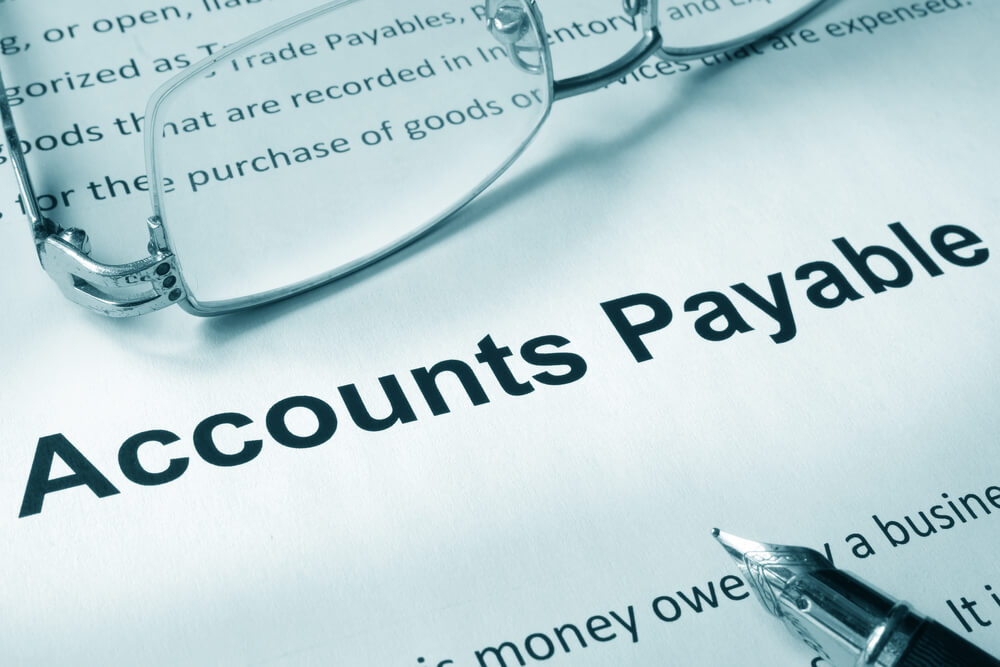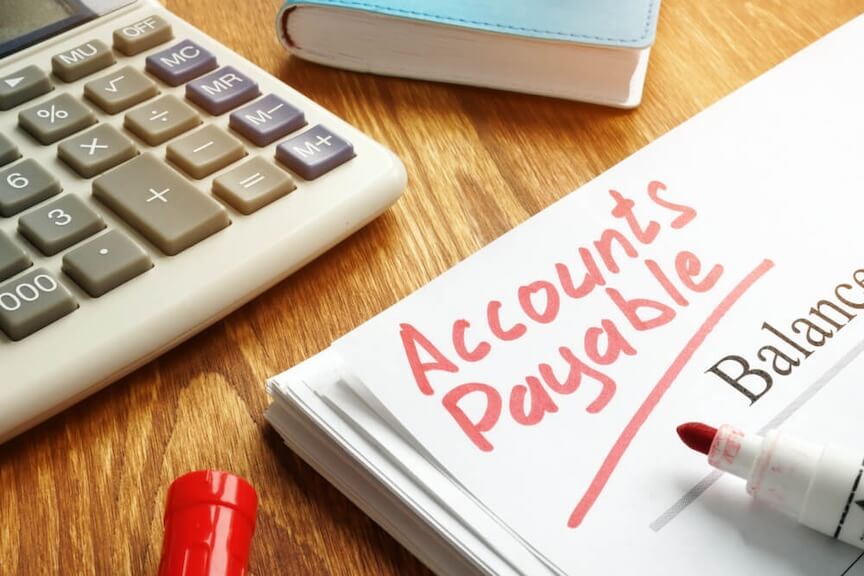Unrecorded and duplicated payments, fraud, and unclear separation of accounting duties. These are severe and evident problems your company may encounter if it has a flawed accounts payable audit procedure. These errors can create a serious drawback to your financial situation or infrastructure.
Naturally, every company, entrepreneur, or small business owner wants to avoid that. To do that, it’s best to get familiar with the accounts payable audit procedure and ensure the safety of your business. So let’s get into it, shall we?
Importance of the Accounts Payable (AP) Audit
Why is AP Audit so important, and why do so many companies invest thousands of dollars in improving it? The answer is simple. Because it secures their finances, strengthens the infrastructure of their company, prevents fraud, and “errors” in transactions.
The biggest dangers of inefficient AP audits are, of course, fraud and misplacement of payments. This can create tremendous problems and setbacks that can even lead to a company’s bankruptcy in extreme cases.
How can that happen, you may ask? Well, it’s quite simple. The term payable refers to the amount the company needs to pay for rendered services or goods. So let’s say that you need website optimization services from another company. The services are provided at the end of the year, but the invoice won’t be sent until the start of the next year. So naturally, the amount owed for the services is recorded as payable at the end of the year.
However, because accounting involves regulating a vast array of transactions, these payable records can sometimes get mixed up and lost. This is naturally a bad thing because, by the time the matter resolves, you’ll end up having unjustified expenses and fees. Therefore, it’s easy to recognize the importance of auditing accounts payable.
Signs of Effective Accounts Payable (AP) Audit Procedure
Accounts payable auditing is essential for every business. Whether small and on the rise or large, already established corporations, AP audits are the front line of defense in a war against fraud and error. But how do we identify the effective methods and procedures of an AP audit? Here are some hallmarks of an effective accounts payable audit.
- There should be proper disclosure of all expenses, including those in the end-of-year financial statement. Every transaction should be recorded and documented. No matter how small or irrelevant the sum may seem, the financial statement should include each and every one.
- The management should review these statements and verify their accuracy. After that, they must verify and approve them as completed. This is the only way to make sure nothing gets overlooked.
- A proper AP audit should follow the rules established by Generally Accepted Accounting Principles (GAAP). There should be no exceptions. By reviewing every recorded transaction, the auditor can track the process and spot potential flaws in the system.
- The only accurate transactions are those that are recorded and verified. The entire roster of transactions should be cross-checked. This is performed by contacting every company that provided services to the one that’s being audited.
- The audit carefully examines all information regarding transactions that went through. To do this, they use cutoff tests. It’s a standard audit procedure performed to confirm that the dates of transactions match. Once they focus on one trail, they can backtrack it to confirm that the payment matches those found by the accounts payable audit.

What Actions Can You Take to Help with Accounts Payable Audits?
There are more than a couple of things you can do to help the accounts payable audit procedures go smoothly. From inspecting your payment sheets to reviewing entire payment logs and verifying with your accounting team, everything is being documented. Here’s a complete list of things you can do to help AP audit.
SOPs Examination
Your accounting team should have a functioning SOP (standard operating procedure). This will help you and them maintain error-free financial statements. If they haven’t created one, or have one that isn’t as effective as it should be, it has to be monitored and corrected as they create a new one. The SOP functions are a layered guide on how to trace, verify, and complete every group of transactions. The audit team will request the SOP and verify whether it enables your team to track finance reports, provided they adhere to the established rules outlined in it. They will review every sheet and payable in it to ensure it’s completed according to the SOP. The SOP is the foundation of a successful AP team. Therefore, ensure that it exists and that your team adheres to it.
Prepare for the Paper Trails Analysis
When it comes to paper trails, the auditing unit will most likely request verification of the validity of each transaction. Depending on the success of your company and the number of business deals you make, collecting all activities and events on paper may prove challenging. But with good organizing skills, this shouldn’t prove to be a problem. To help them with that, you should prepare the following:
- A complete list of purchase and vendor invoices
- Inventory and journal entries for AP
- Bank records
It can be complicated to arrange them in an organized manner. What’s important is to avoid grouping them altogether, but rather to separate them by type, class, volume, etc. This way, not only will you present your exceptional management skills, but you will also save time and energy for both you and the audit team. By having everything ready and organized, you’ll look professional, but more importantly, help the process finish faster and with great results.

Confirmations with the Company’s Vendors
Another thing that the auditors may do is send forms to your company’s vendors. These forms will be either completely blank or already filled with the amounts that are due. They will ask them to confirm the amounts or rewrite the entire list. They have the records of every payment, but will ask your accounting team to write them again, thus confirming that the numbers match.
If the numbers don’t match, the audit will make a note and request an explanation. Depending on how you resolve this matter, they will either rate you as qualified or adverse. Some of these discrepancies can indeed be justified.
Financial Statement Verification
The auditors will also review and compare all the numbers in the annual and monthly financial statements. They will review every single receipt from vendors paid in cash, as well as unrecorded liabilities. These can include received items, goods, and products that have not yet been processed for payment.
Final Check
Once you’ve prepared everything for them to review, inspect, and compare, be sure that nothing’s missing. Yes, this means double-checking every record, sheet, payables, and invoice.
If you require any information regarding digital checks for some of your invoices, please visit our website and contact us.
Last updated: September 2025

